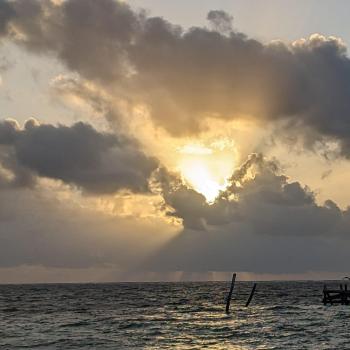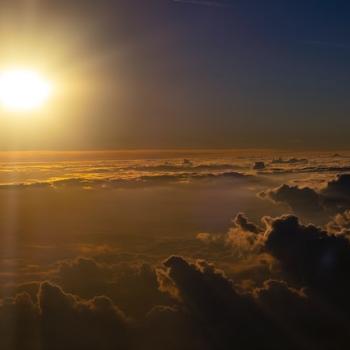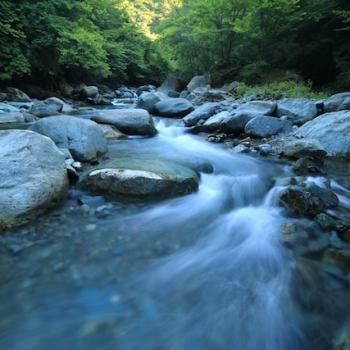It is the attainment of harmony that is called heaven, and the lack of it that is termed hell… The harmony of life can be learned in the same way as the harmony of music… As with everything else in a person’s life, there comes a change in voice with every step forward in spiritual evolution. (And so) every experience in life is an initiation… Any pain or suffering is a preparation, and just as one must first tune a violin to play it, so the heart must be tuned in order to express wisdom.
—Hazrat Inayat Khan
We often run from feeling and yet it is only through feeling that the depth of life can be known. Only through feeling can we hold the smallest shell or bone and feel the tug of the Universe. That such raw being aches is no surprise for, as the Buddhists say, the bareness of being here is so full. I wake with this rawness and watch you sleep and then I’m done. Before I dress, I lose why I’m going anywhere. Yet wherever the day takes me—pausing to hold the groceries with the old man who packs them or seeing the neighbor’s child at the kitchen table doing her homework as I walk our dog or pulling over to watch the small horse breathe his cloud over the fence—everywhere the bareness illumines. And no way to it but through feeling and the listening that feeling opens. Some say I get lost in this feeling, this listening. But only if I think I know where I’m going, only if I think I know what I’m listening for.
It seems that through the bareness of being, we refresh our openness and enliven our innate connection to the one living sense. And through our unblocked, sincere response to life, we “tune our inner person with the great mysteries,” as U Thant suggests. And in a daily way, through listening and feeling, we “tune the heart in order to express wisdom,” as Hazrat Inayat Khan suggests. This is the art we are born with that we travel through life trying to learn and relearn: to animate our bareness of being through listening and feeling.
And underneath all instruction, the world waits, utterly as it is, and we circle it in paths called centuries, from which we describe life as either harmoniously designed or chaotically thrown together. In each generation, we take turns running toward or from this bareness of being. We take turns reducing everything to what is sharp and practical, and discovering our mandala of the mystery in which everything physical is just the tip of an ineffable Universe organized beyond our comprehension. Of course, no one will ever know the true anatomy of the Universe, but it is still important for each of us to explore our own vein of being. Our fundamental relationship to everything larger than us or our blindness to it determines what kind of life is possible. And each of us must continually assess, without ever knowing for certain, which way the Universe appears to be unfolding. Is it breaking apart or coming together? Or is it a weave of both?
To bring this down to where we live, we must ask: How do we respond to the tide of experience that sweeps into our ordinary lives? Do we respond to the unknown by being absent or being present? Do we hoard or give? Do we circumvent the truth or move through the truth? Do we withdraw and hide or stand in the open and seek connection? Do we view difficulty and suffering as isolating obstacles that exploit our weakness and stall our progress in life? Or do we view these incidents as transforming waves of experience that are part of an ongoing emergence of who we are? Do we believe that life is a pulling apart we must survive or a constant rearrangement and putting together that we must surrender to? Do we run toward or from the bareness of being?












